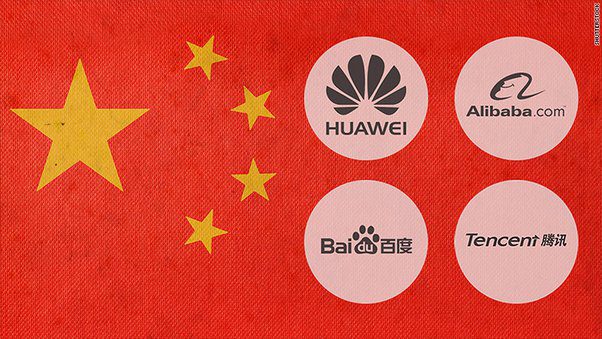TL;DR:
- Chinese tech firms are fast-tracking AI advancement after US sanctions.
- They are studying techniques to achieve state-of-the-art AI performance with fewer or less powerful semiconductors.
- Chinese companies are researching ways to combine different types of chips to avoid relying on any one kind of hardware.
- The need for more powerful chips and ways to squeeze more out of them is fueled by the race to commercialize ChatGPT-like models and reduce AI development costs.
- US sanctions cut China off from the most advanced chips made by Nvidia Corp, forcing them to use American chip stocks to create their own ChatGPT equivalents.
- Chinese firms have had to find ways to work around the sanctions, such as using stockpiled A100s or using downgraded versions of Nvidia’s A800 and H800 chips.
- China’s approach is costlier and poses technical challenges.
- Chinese researchers may struggle without access to the new Nvidia H100, which includes an extra performance-boosting feature for training ChatGPT-like models.
- Despite these challenges, Chinese tech firms remain determined to forge ahead with AI development.
Main AI News:
In response to US sanctions, Chinese tech companies such as Baidu, Alibaba, and Huawei are ramping up their efforts to advance their AI capabilities. These companies are turning to techniques that allow them to achieve state-of-the-art AI performance using fewer or less powerful semiconductors.
According to research papers and employee interviews cited by the Wall Street Journal, these Chinese firms are also exploring new ways to combine different types of chips, thereby reducing their reliance on any one kind of hardware.
The push to develop ChatGPT-like models has fueled the need for more powerful chips and ways to extract more computing power from them. However, the US sanctions have cut off China’s access to the most advanced chips made by Nvidia Corp. As a result, Chinese firms have had to use American chip stocks to create their own ChatGPT equivalents.
OpenAI released ChatGPT just a month after the chip sanctions came into force, triggering a global race to develop generative AI.
Alibaba and Baidu, which had already stockpiled A100s before the sanctions, are now using these chips for their most computationally intensive tasks. Meanwhile, Nvidia has created downgraded versions of its A800 and H800 chips specifically for the Chinese market, known as the A800 and H800, in order to bypass the sanctions.
However, as Yang You, a professor at the National University of Singapore, points out, China’s approach is a costlier one. While a US firm might need 1,000 H100s to train a large language model, a Chinese firm could require 3,000 or more H800s to achieve the same results. Experts have also highlighted the technical challenges of getting these chips to work reliably.
Dylan Patel, the chief analyst at SemiAnalysis, warns that Chinese researchers’ pain points will only worsen without access to the new Nvidia H100, which includes an extra performance-boosting feature that is particularly useful for training ChatGPT-like models. Despite these challenges, Chinese tech firms remain determined to forge ahead with AI development, using their ingenuity and resourcefulness to find new ways to overcome the obstacles before them.
Conlcusion:
US sanctions have created significant obstacles for Chinese tech companies seeking to advance their AI capabilities. While these companies are making strides in finding new ways to develop AI using less powerful semiconductors and different chip combinations, their approach is ultimately more costly and poses technical challenges. This may give American companies an edge in the market for AI development, as they have continued access to the most advanced chips. However, Chinese firms remain determined to push ahead, and their resourcefulness and ingenuity in overcoming these obstacles could ultimately lead to new breakthroughs in AI development.

